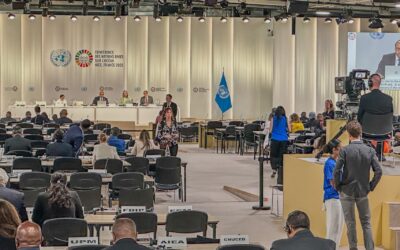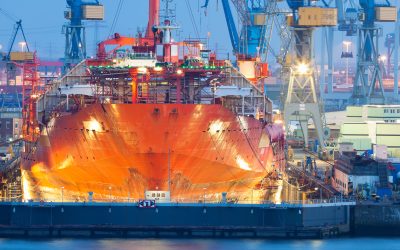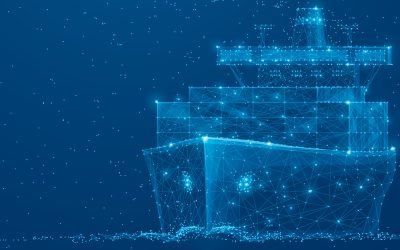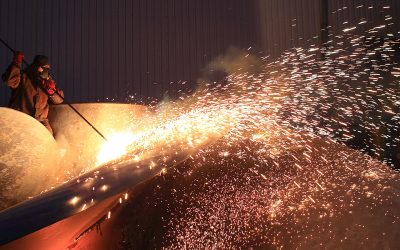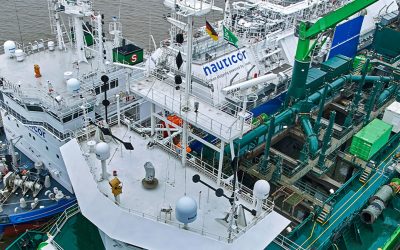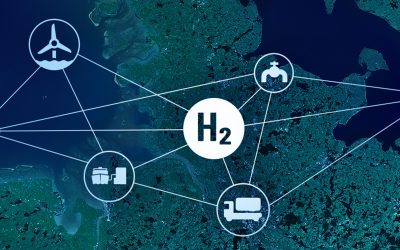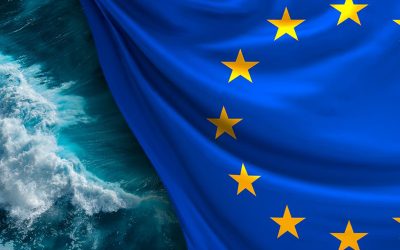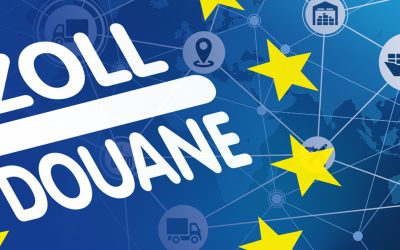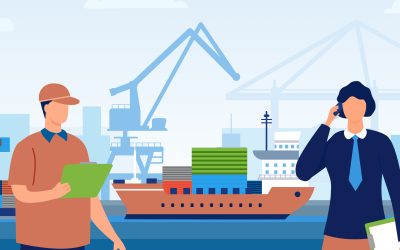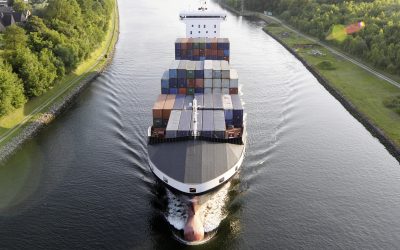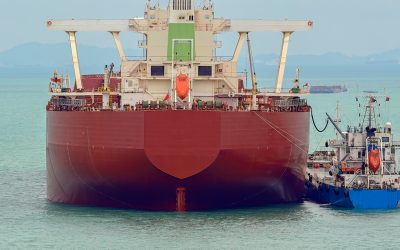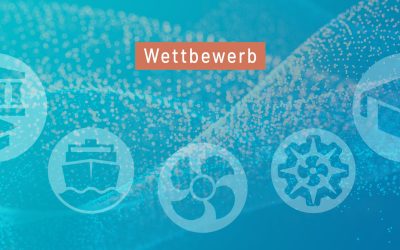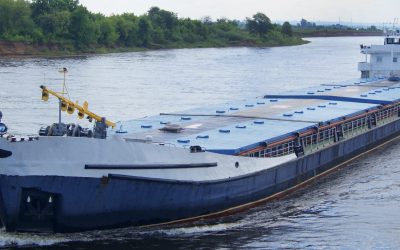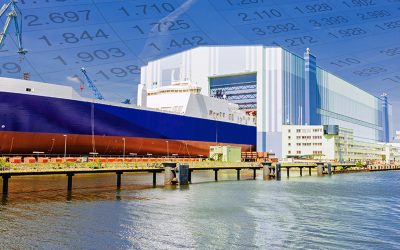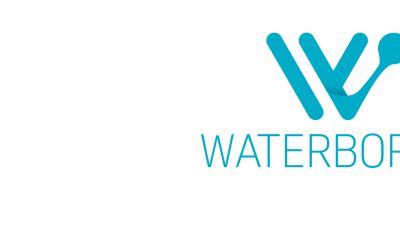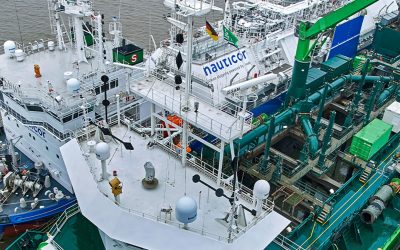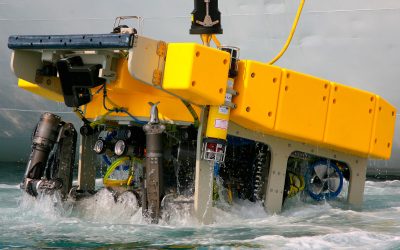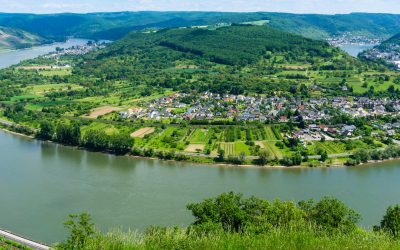
Dr. Katrin Maul
Referentin Vorschriften und Standards
Phone: +49 40 9999 698 - 78
E-Mail: Maul[at]dmz-maritim.de

Gunther Zeitzmann
Research Coordinator Regulations and Standards
Phone: +49 40 9999 698 – 72
E-Mail: Zeitzmann[at]dmz-maritim.de
In the future, ships will probably be fuelled by ammonia, liquefied natural gas, methanol, hydrogen and also biofuels. In port locations, the approval process for alternative fuel bunkering operations is very complex compared to other transport sectors. Due to the different options for bunkering ships and the federal structure of Germany, there are federal-state-specific differences in how to apply for a permit, in the administrative processes and in the implementation of the refuelling process.
There is, as yet, no comprehensive overview of the applicable regulations, the bunkering options and the responsible bodies and authorities.
The German Maritime Centre has therefore commissioned a concept for a publicly accessible digital bunkering platform. On this platform, users will be able to look up information on the bunkering of alternative fuels at German port locations in one central source, including references to the relevant regulations. Users will be able to get an overview of existing pilot projects and options for bunkering with alternative fuels.
The digital bunkering platform will also enable a group of people to be defined to exchange data and information in a separate module that is not accessible to the public.
The planned bunkering platform is based on the results of the study “Bunker Guidance for alternative fuels in German seaports“. The study presents the regulatory texts for the respective federal states and port locations with regard to the permissibility of the different fuels (liquid fuels and gases).

